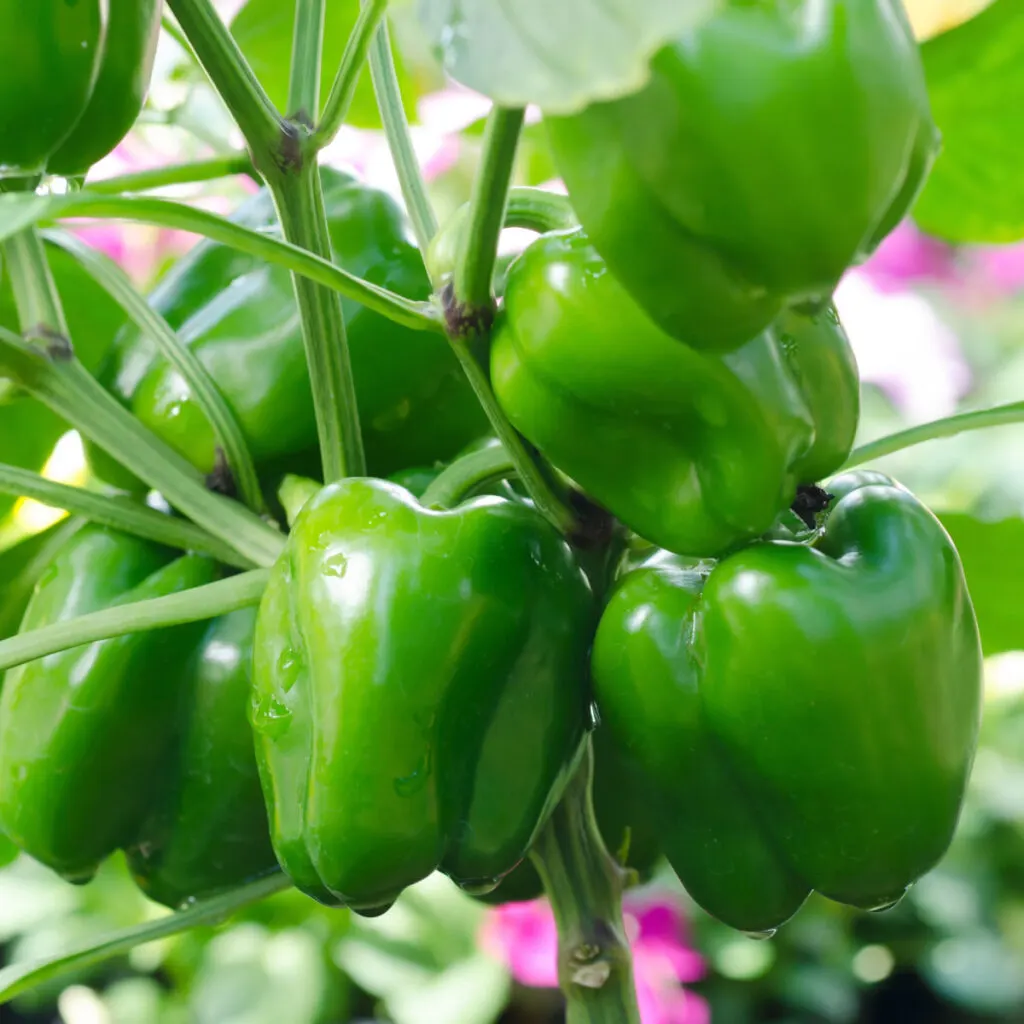How Fertilizers Play a Critical Duty in Growing Healthy And Balanced and Bountiful Pepper Crops
Fertilizers function as the foundation of effective pepper farming, supplying a strategic approach to nourishing the soil and fostering optimum plant development. The detailed dancing in between essential nutrients and the pepper plants' physiological processes underscores the pivotal role that fertilizers play in making sure a bountiful harvest. From sustaining durable root development to boosting disease resistance, the influence of plant foods is far-ranging in the growing of healthy and productive pepper crops. Keep tuned to discover the nuanced methods in which fertilizers add to the growing of pepper plants and the sustainable practices that underpin their efficiency.
Significance of Nutrient-Rich Fertilizers
The application of nutrient-rich plant foods plays a critical function in boosting the efficiency and quality of pepper plants in modern-day farming practices. Pepper plants call for a balanced mix of vital nutrients to thrive and create high returns of high quality fruits. Phosphorus, nitrogen, and potassium are key nutrients that are important for the development and development of pepper plants. Nitrogen help in leafed green development and total plant vitality, phosphorus sustains root advancement and blossom production, while potassium adds to condition resistance and fruit top quality.
Inadequate levels of these nutrients can lead to stunted growth, reduced yields, and vulnerability to diseases (best fertilizers for peppers). Nutrient-rich fertilizers provide a targeted solution to ensure that pepper plants obtain the essential components for optimum development and efficiency. Furthermore, these fertilizers help improve dirt fertility over time, producing a lasting atmosphere for long-lasting pepper cultivation
Enhancing Plant Growth and Growth
To maximize plant development and development in pepper plants, critical application of nutrient-rich plant foods is necessary. Plant foods play a critical duty in improving the general health and performance of pepper plants by supplying them with vital nutrients that may be doing not have in the dirt. Potassium, nitrogen, and phosphorus are key macronutrients needed in huge amounts by peppers for robust growth. Nitrogen help in leafed environment-friendly development and total plant vitality, phosphorus supports root advancement and blossom formation, while potassium contributes to condition resistance and fruit top quality.
Iron, for circumstances, is necessary for chlorophyll production, which is vital for photosynthesis and total plant development. Zinc plays an essential function in enzyme task and hormonal agent synthesis, impacting plant growth and advancement at a mobile degree.
:strip_icc()/BHG-Growing-Peppers-Indoors-EzgaEnB7KML9Ym_plkvuxK-9398f1341d86483083862533ae7622db.jpg)
Boosting Illness Resistance With Fertilizers
By tactically including targeted fertilizers, farmers can boost the condition resistance of pepper crops, making certain ideal plant health and efficiency. Plant foods including essential nutrients like nitrogen, potassium, and phosphorus play a critical role in reinforcing pepper plants' body immune systems, making them much more durable to numerous conditions. Nitrogen, for example, help in the manufacturing of healthy proteins that are vital for plant protection devices. Phosphorus adds to root advancement, allowing plants to better absorb nutrients and water, thus enhancing their ability to fend off diseases. Potassium manages procedures that boost total plant wellness, making peppers extra durable against microorganisms.

Making The Most Of Pepper Yield With Fertilizing
Using a balanced fertilizing technique is essential to achieving optimum pepper yield and ensuring optimum crop performance. By offering peppers with the right nutrients at the correct time, farmers can substantially enhance their return potential. Potassium, phosphorus, and nitrogen are essential components for pepper growth, with nitrogen helping in fallen leave and stem advancement, phosphorus sustaining root growth and blossom formation, and potassium advertising total plant health and wellness.
To make the most of pepper return, it is crucial to carry out soil tests to establish existing nutrient degrees and identify any type of shortages that require to be attended to. Based upon these results, farmers can establish a customized fertilization plan that fulfills the look what i found specific demands of their pepper crops. In addition, appropriate fertilizing techniques such as split applications throughout the expanding period can ensure continuous vitamins and mineral availability for the plants.

Sustainable Fertilizer Practices for Peppers
In taking into consideration sustainable plant food techniques for peppers, it is imperative to concentrate on long-lasting soil health and ecological stewardship in combination with optimizing crop productivity. One key strategy is the usage of organic plant foods such as compost, manure, or cover crops, which not just supply important nutrients to the peppers but additionally contribute to soil framework and microbial activity. best fertilizers for peppers.
Additionally, accuracy agriculture techniques, such as dirt testing and targeted nutrient applications, can aid enhance fertilizer usage, making certain that peppers get the nutrients they need without excess drainage into waterways. This not just benefits the setting by minimizing contamination but additionally saves prices for farmers by lessening waste. By adopting sustainable plant food methods, pepper growers can guard the wellness of their crops, dirt, and bordering ecological communities for future generations.
Final Thought
In verdict, plant foods are crucial for growing plentiful and healthy pepper plants. best fertilizers for peppers. They supply required nutrients for plant growth and development, increase disease resistance, and make the most of return. By carrying out lasting fertilizer practices, farmers can ensure the lasting health of their pepper plants and add to a much more efficient and environmentally-friendly agricultural system
The detailed dancing between crucial nutrients and the pepper plants' physiological procedures underscores the essential duty that fertilizers play in ensuring an abundant harvest.To enhance plant development and growth in pepper plants, strategic application of nutrient-rich fertilizers is necessary. Plant foods play a crucial role in improving the general health and wellness and efficiency of pepper plants by giving them with essential nutrients that may be lacking in the dirt.By strategically incorporating targeted fertilizers, farmers can reinforce the disease resistance of pepper crops, making sure ideal plant wellness and productivity. Fertilizers consisting of necessary nutrients like nitrogen, potassium, and phosphorus play an important function in enhancing pepper plants' immune systems, making them extra resilient to various diseases.